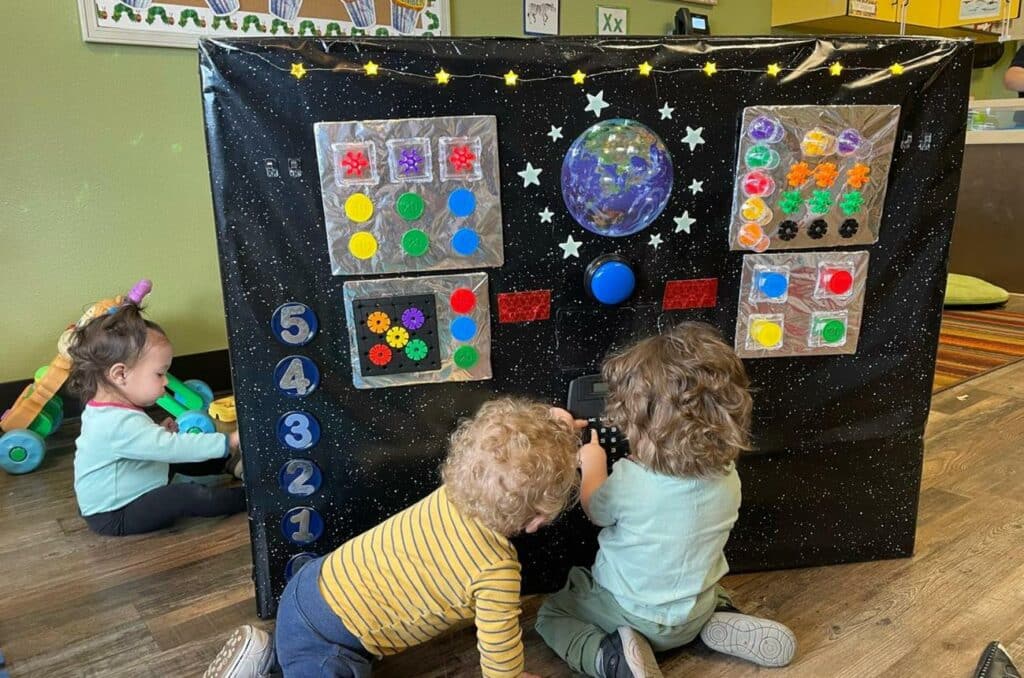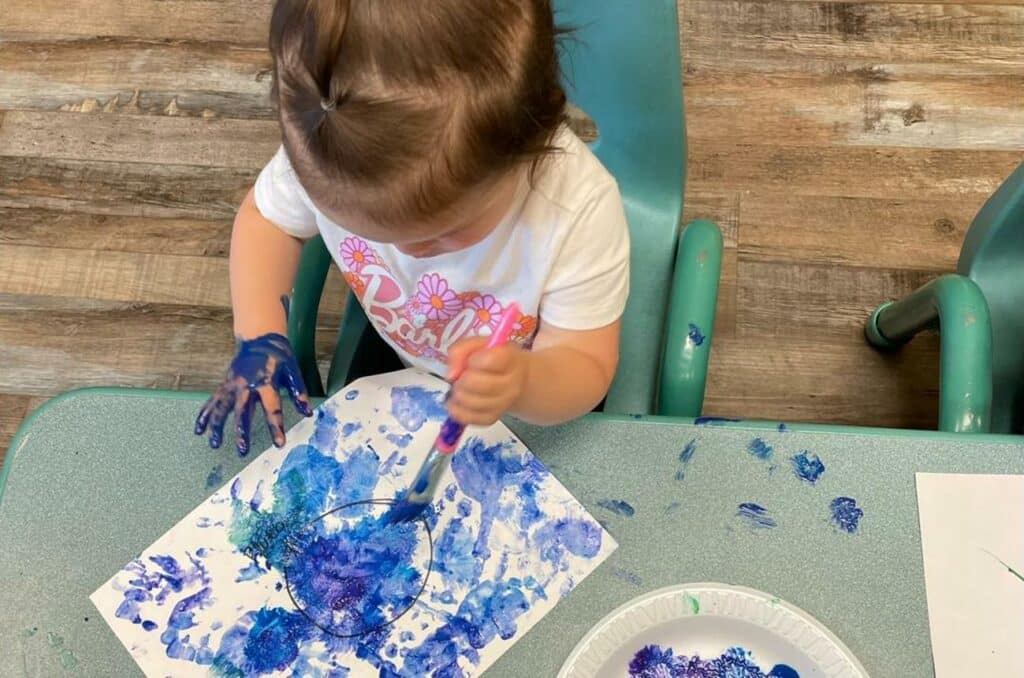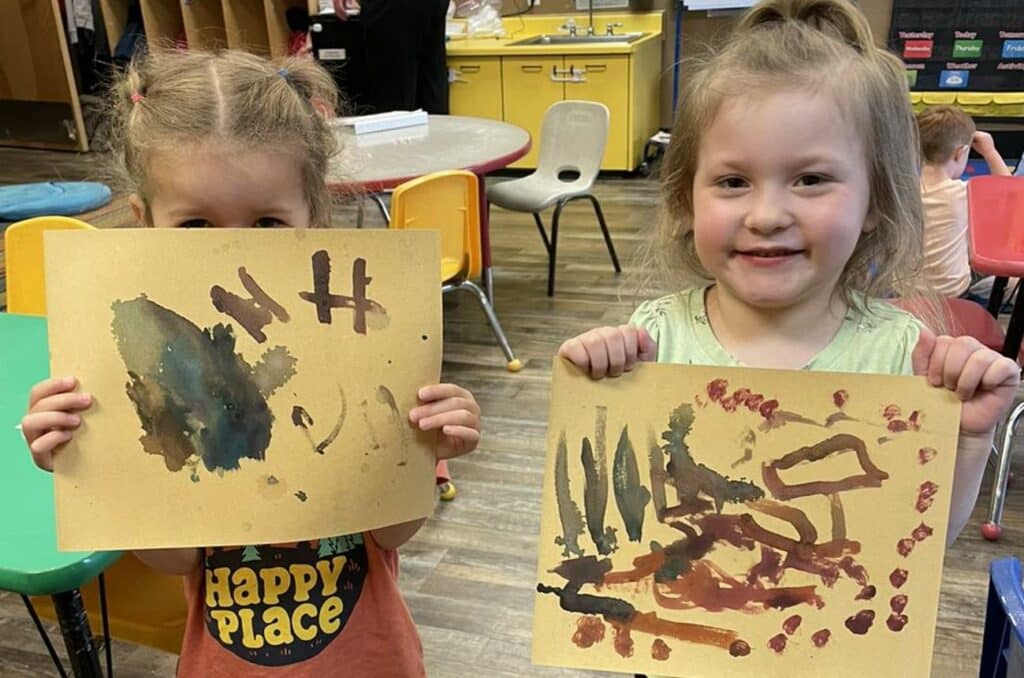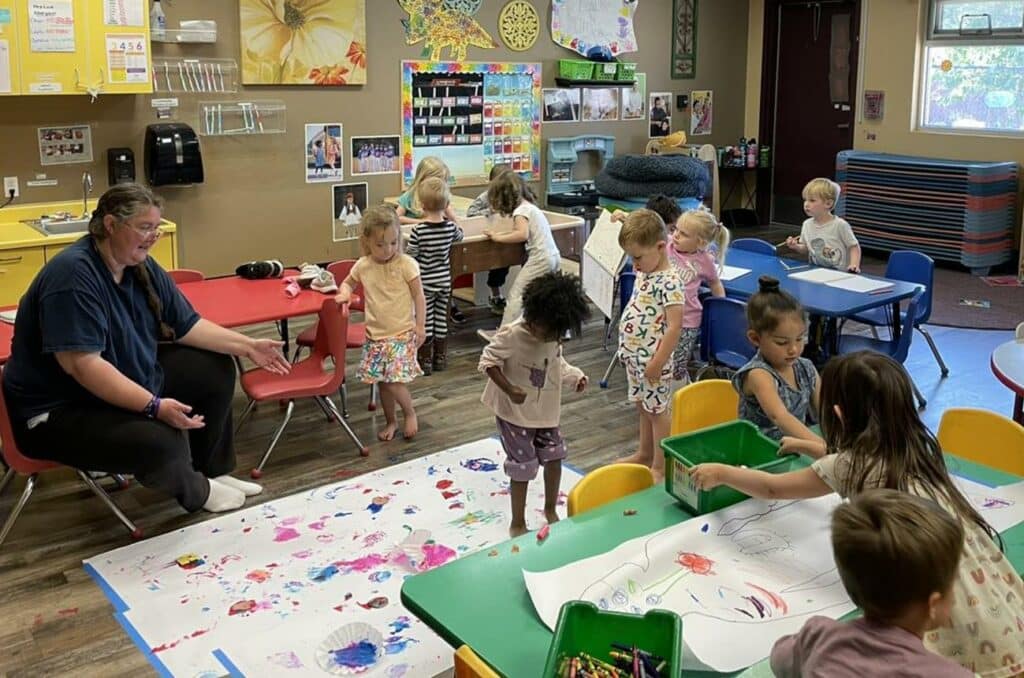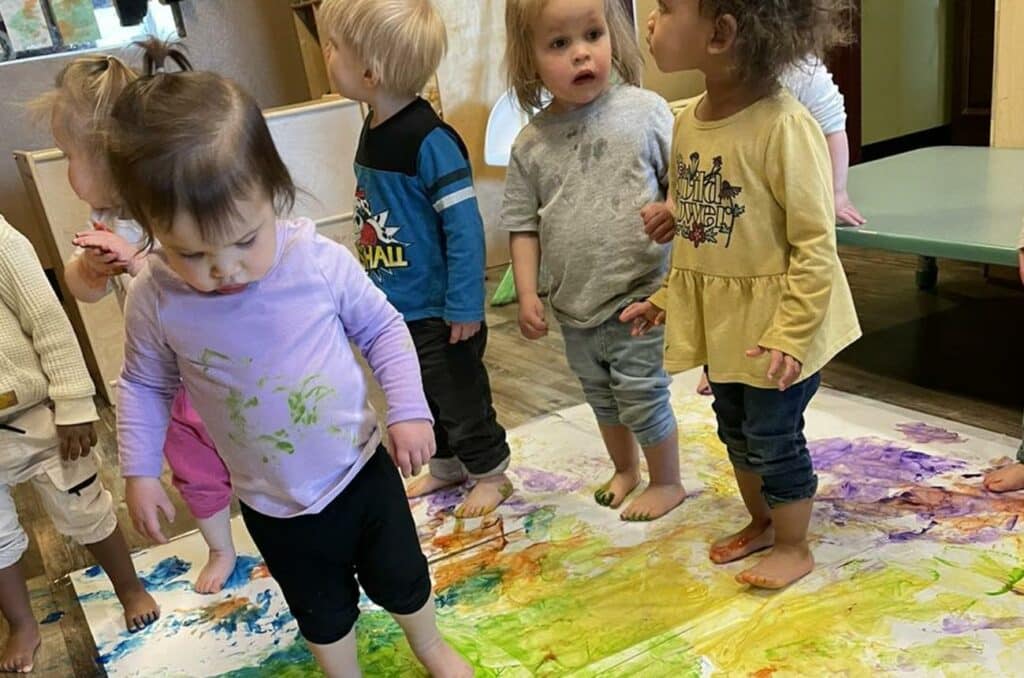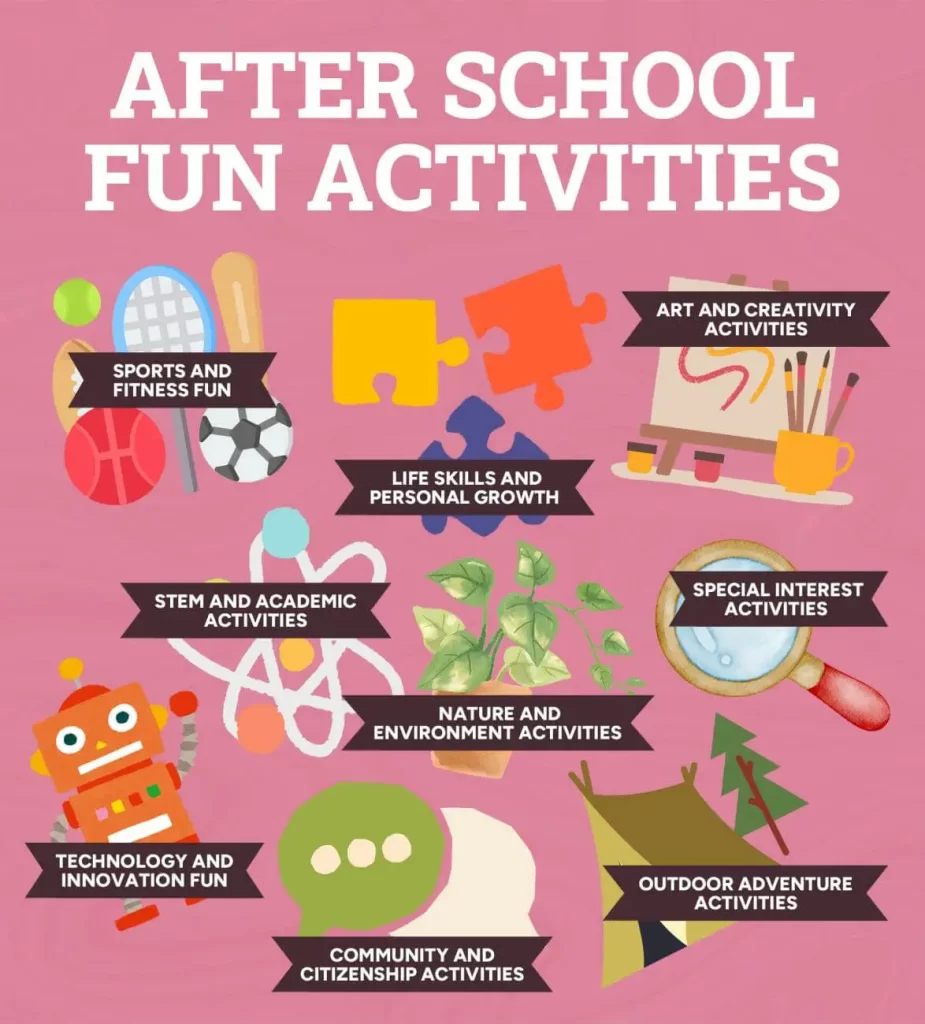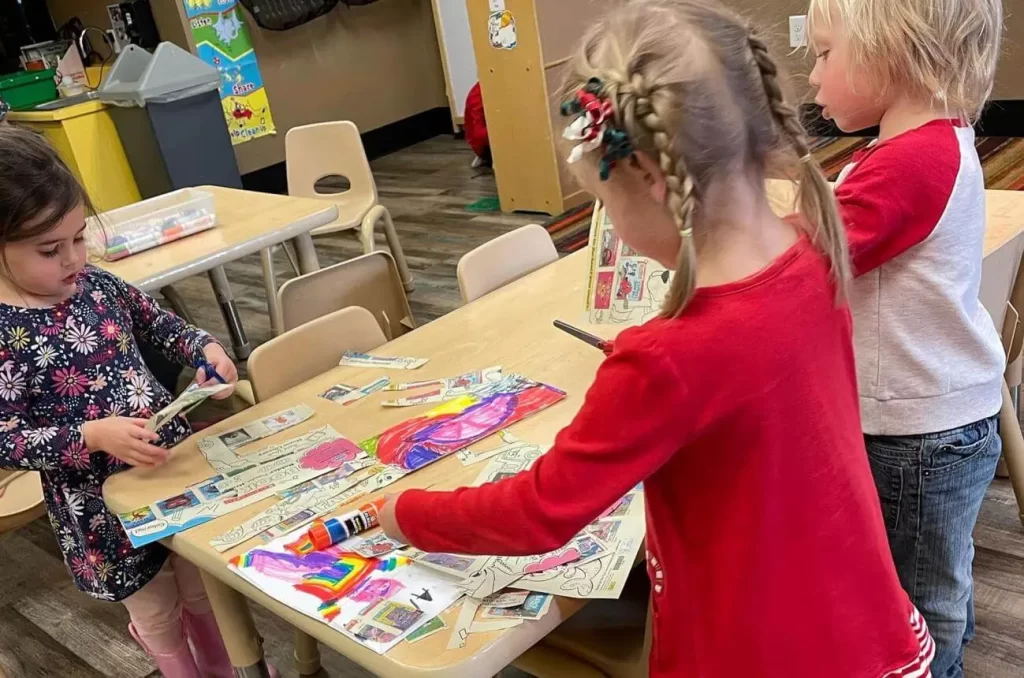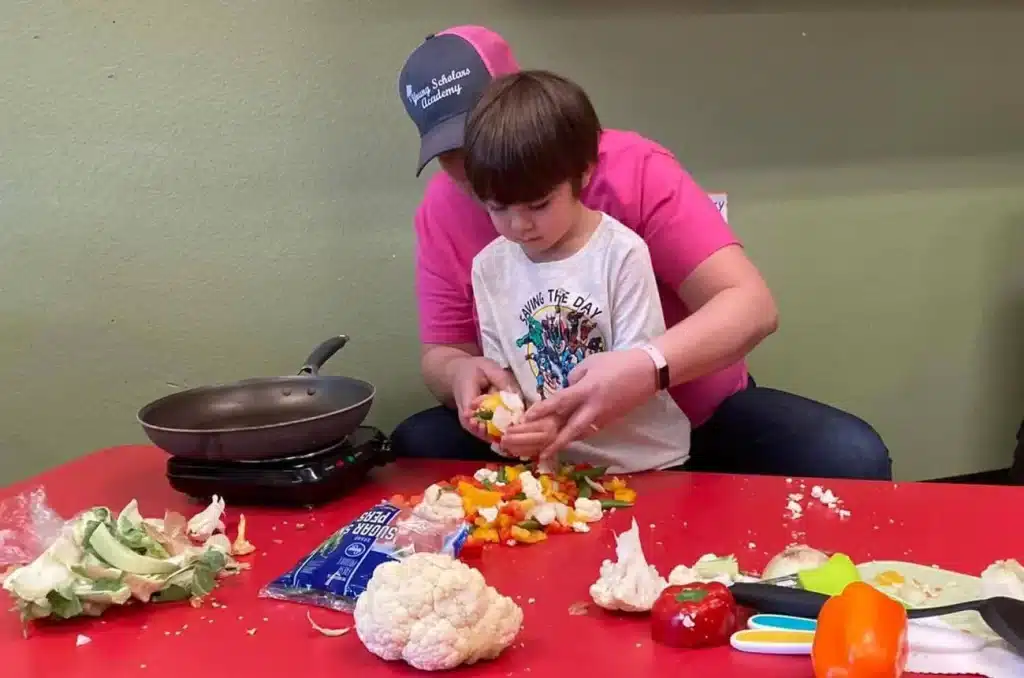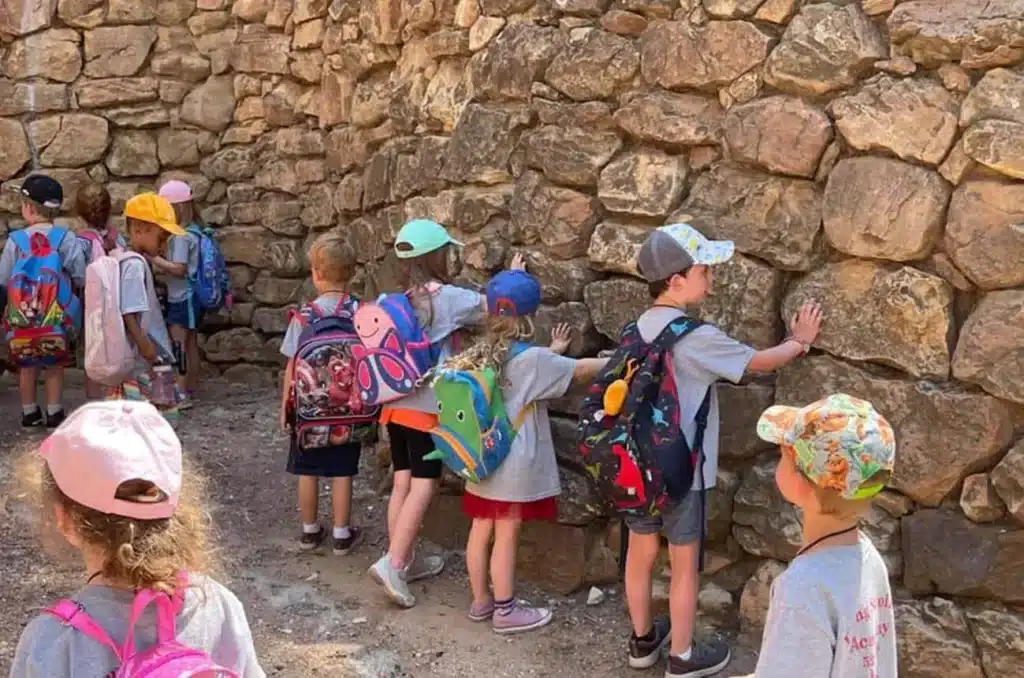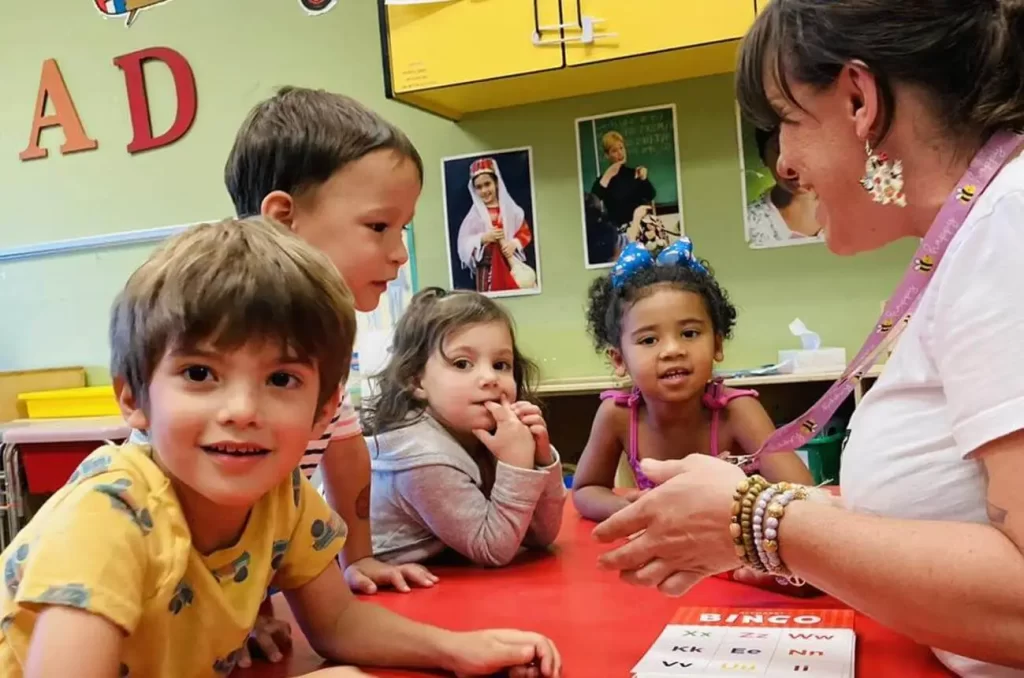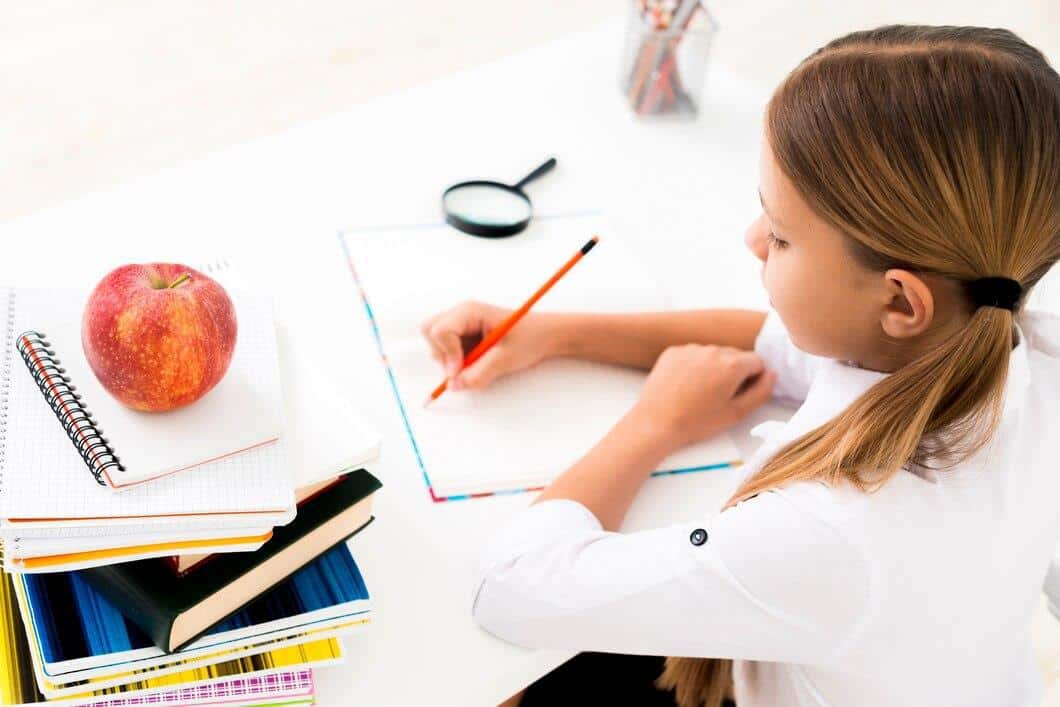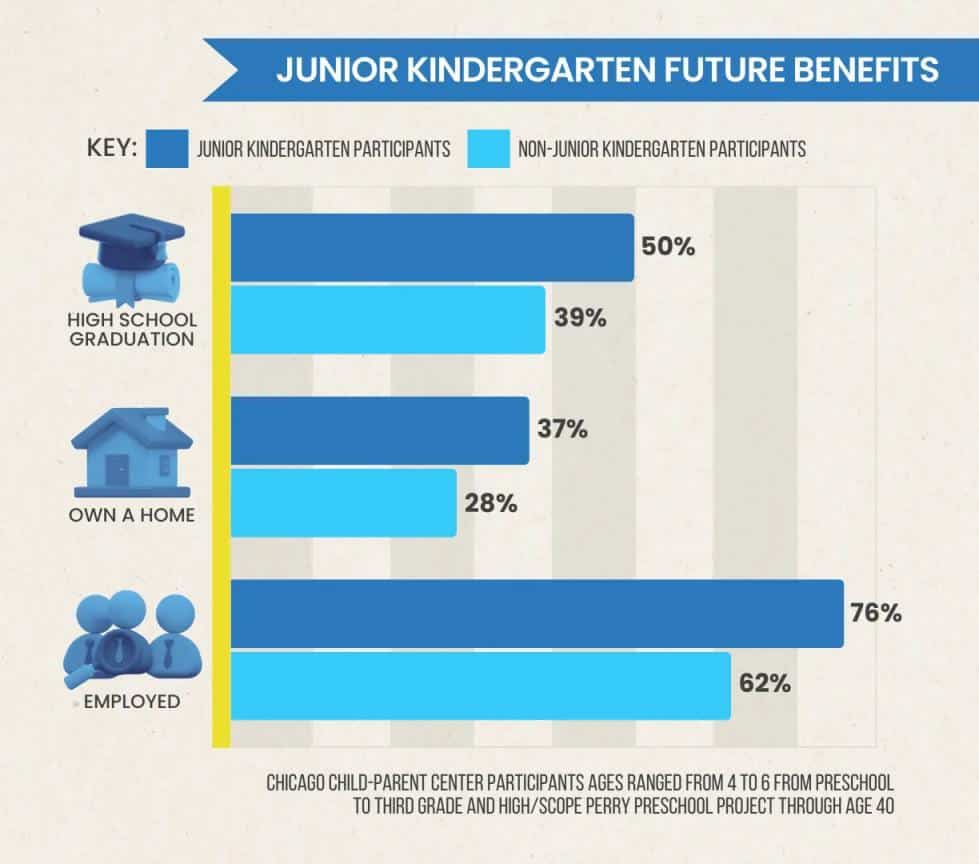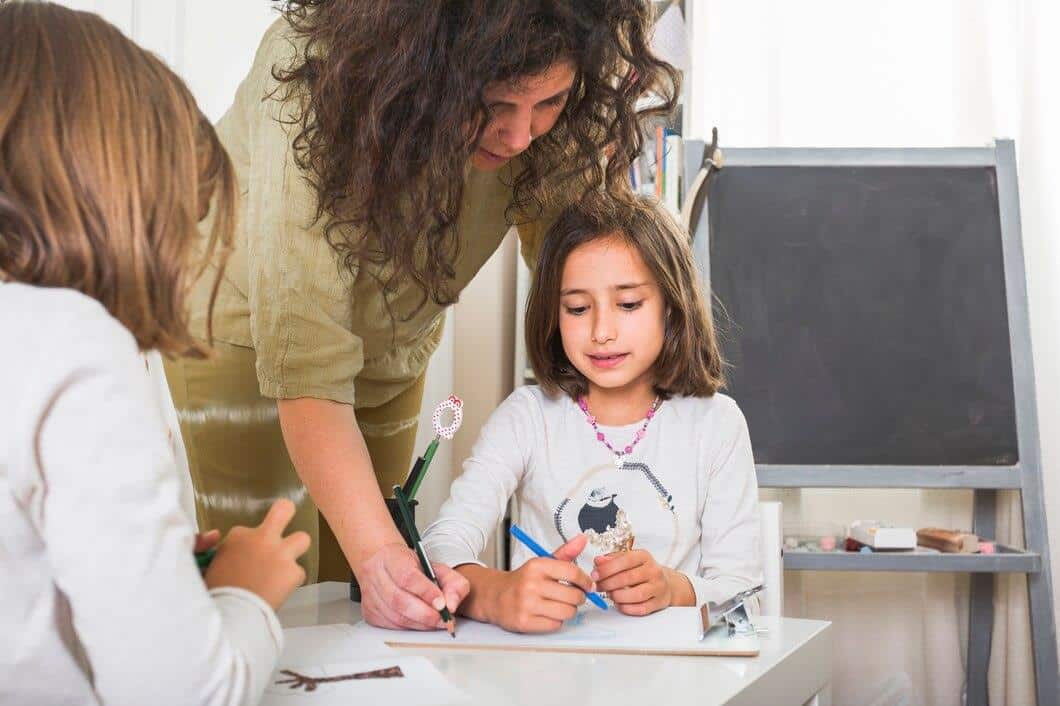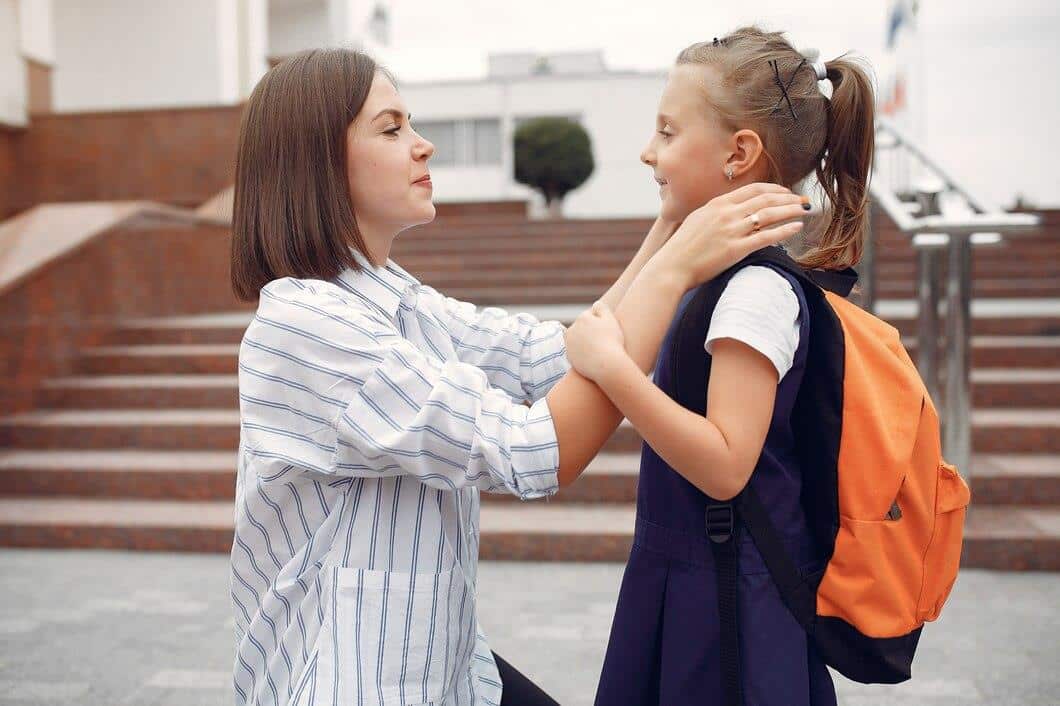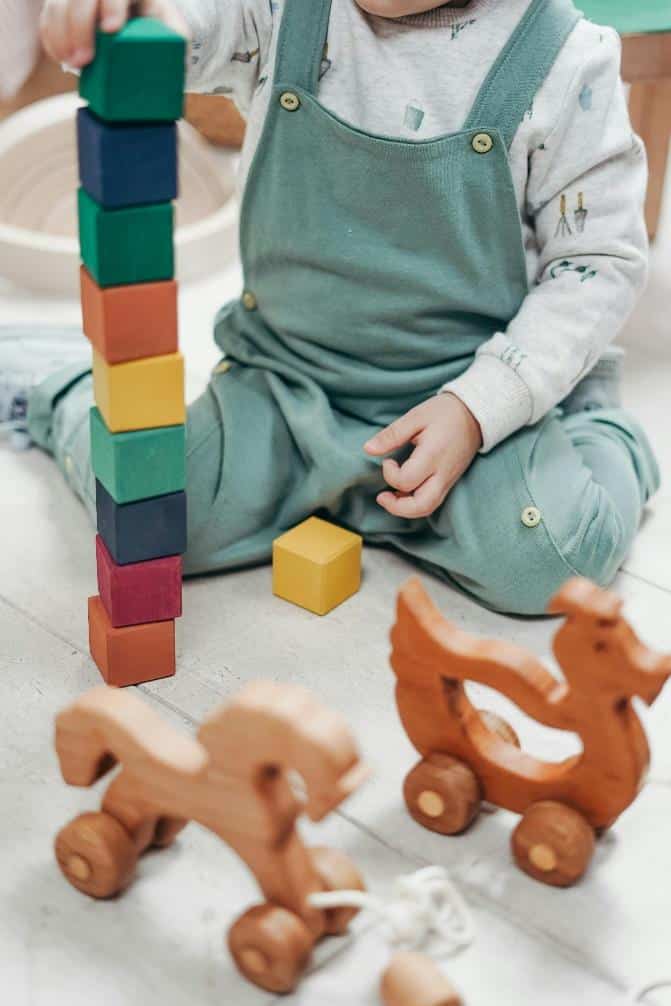
Kindergarten will come quick for them too ya know?
In what ways can you set them up for success? A preschool program is the best way to have your preschool child grow independence and prep for Kindergarten, and life!
3 Ways To Set Your Preschooler Up For Success| (Next time, without the ugly tears.)
1. Looking Into Social Care:
This could mean a more formal, preschool program or it could be a smaller more intimate program- whichever is going to fit your kids’ personality! Some kids thrive on routine and structure and knowing what’s to expect every day. Some kids are overwhelmed by people in general so, putting them in a program with a lot of tiny humans with no personal space may not be the best fit for them. We definitely encourage to search with your kid in mind!
2. Have Them Attach To Someone Other Than You:
We get it. You are what your kids’ world spins around. It’s the best (and most tiring) feeling in the world that your kid relies on you for each of their needs. A benefit to introducing another caregiver to your child is a shared trust that someone will be there to take care of them! Multiple people in their corner? What a great feeling for a kid!
As parents ourselves, we realize that’s a huge step of faith but it could mean that both you and your child have the opportunity to gain independence apart from each other. It will also make time apart, like Kindergarten for instance, easier because they understand that school is a great place to learn for them!
3. Encourage Independence at Home:
Allowing your preschooler to take on age-appropriate responsibilities at home, such as dressing themselves, cleaning up their toys, or helping with simple tasks, can help them develop independence and confidence.
This can also prepare them for the structured routines of kindergarten and help them feel capable and empowered. Another one we always like to mention is toileting needs. In Kindergarten there is little assistance in that department so break out the brown paint and a balloon to show your kids how to “wipe til there’s no more brown!”
